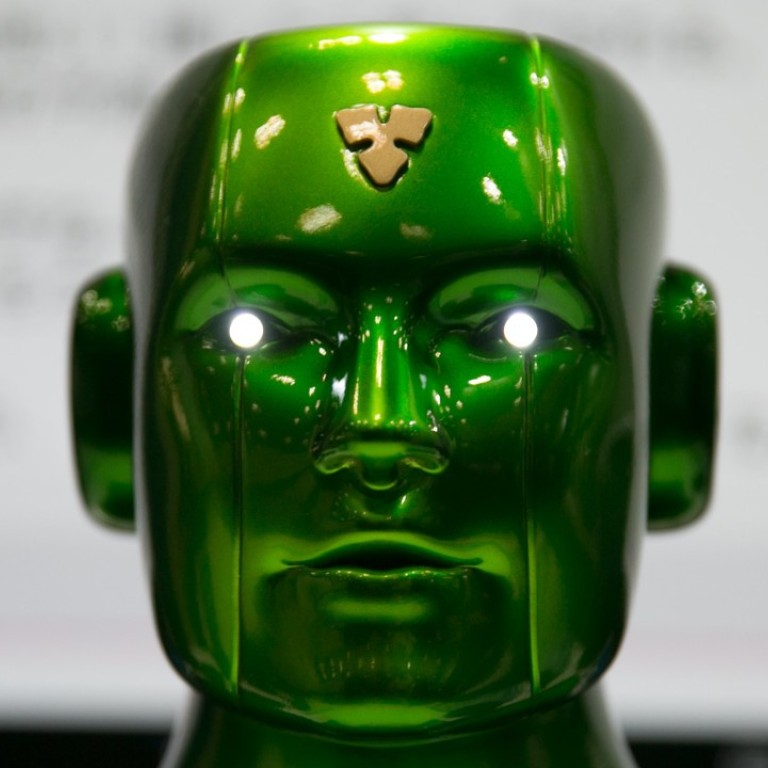
AI needs time to evolve…then we can regulate it, expert says
‘Regulating it too soon may very well have a significant negative effect on it’
By Silvia Amaro and Karen Tso
Artificial intelligence (AI) can be a source for good and we need to understand its full potential before it’s regulated, the co-founder of online retail platform Trouva told CNBC.
“I think as with any innovation it takes time for it to basically dissimilate within a specific environment and there needs to be enough flexibility for people to really figure out how to utilise a technology in the best way,” Alex Loizou told CNBC on the sidelines of the Web Summit tech conference in Lisbon.
“So regulating it too soon may very well have a significant negative effect on it, so give it time to expand, give it time to evolve until we figure it out what we can use it for and then we can think about ways to regulate it,” he added.
The benefits and drawbacks of AI are controversial. At the opening day of the Web Summit, the famous physicist Stephen Hawking said Monday that it can be “the best or worst thing to ever happen to humanity.”
Some of the most mentioned issues relating to A.I. are its potential to lead to a number of job losses, as well as the risk of AI developing a “will of its own.” Hawking suggested we should focus on making AI more beneficial and regulating it is part of this process.
Hawking joins a chorus of other major voices in science and technology to speak about their concerns.

